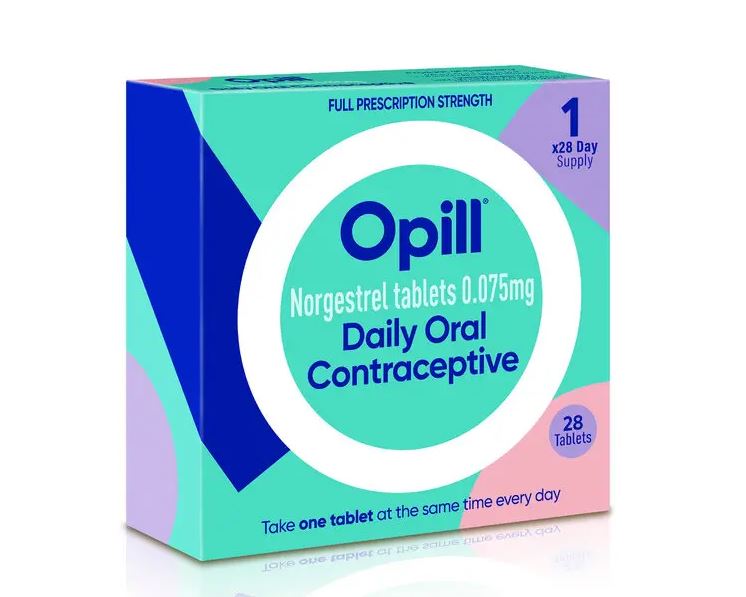In a groundbreaking decision, the Food and Drug Administration (FDA) has granted approval for Opill, a birth control pill, to be sold without a prescription in the United States. This milestone development has the potential to greatly enhance access to contraception. Opill is set to become the most effective over-the-counter birth control method, surpassing the efficacy of condoms, spermicides, and other nonprescription options. Experts in reproductive health believe that this accessible option will particularly benefit young women, teenagers, and individuals who face challenges in terms of time, cost, or logistical obstacles when seeking a prescription from a doctor.
Opill, manufactured by Perrigo Company based in Dublin, is expected to be available in stores and online retailers across the United States by early 2024. While the cost of the medication has not been disclosed, Perrigo has expressed its commitment to ensuring its accessibility and affordability for women of all ages. Additionally, the company plans to establish a consumer assistance program that may offer the pill at no cost to certain women.
The accessibility of contraception has become an increasingly urgent issue, particularly since the Supreme Court’s decision to overturn the national right to an abortion. However, even prior to this, the proposal to make a nonprescription birth control pill available to individuals of all ages received widespread support from reproductive and adolescent health specialists, as well as organizations such as the American Medical Association, the American College of Obstetricians and Gynecologists, and the American Academy of Family Physicians.
A survey conducted by the healthcare research organization KFF revealed that more than three-quarters of women of reproductive age expressed their preference for an over-the-counter birth control pill, primarily due to its convenience. Approximately 40 percent of respondents stated their likelihood to use it. The survey found that women who already used birth control pills, those without health insurance, and Hispanic women were most inclined to opt for the product.
Interestingly, despite the ongoing divisions surrounding abortion, many anti-abortion groups refrained from criticizing the concept of over-the-counter birth control. Opposition primarily stemmed from certain Catholic organizations and Students for Life Action.
In May, a panel of 17 independent scientific advisers to the FDA, consisting of obstetrician-gynecologists, adolescent medicine specialists, a breast cancer specialist, and experts in consumer health behavior and health literacy, unanimously voted in favor of making a birth control pill available without a prescription, highlighting the significant benefits it would offer. The over-the-counter version of the pill will be identical to its prescription counterpart, which has a 93 percent effectiveness rate in preventing pregnancy with typical use.
Several panelists stressed the pressing public health need for an over-the-counter option in a country where nearly half of all pregnancies are unintended.
While the Affordable Care Act mandates health insurance plans to cover prescription contraception, it does not include over-the-counter methods. Some states have laws requiring coverage of over-the-counter birth control, but the majority of states do not. The KFF survey revealed that 10 percent of women would be unable or unwilling to pay any out-of-pocket costs for contraception. Approximately 40 percent would be willing to pay $10 or less per month, while about one-third would pay $20 or less.
During the FDA evaluation of the data submitted by Perrigo for nonprescription Opill, concerns were raised regarding the compliance of individuals with medical conditions that should preclude them from taking birth control pills, such as breast cancer or undiagnosed vaginal bleeding.
Several advisory committee members explained that patients with breast cancer, the primary medical condition that contraindicates hormonal contraception, typically have doctors who would advise against using birth control pills. They also noted that Opill might be the safest option for adolescents since they are highly unlikely to have breast cancer. Additionally, given that young individuals often initiate contraception through over-the-counter methods, it is crucial for them to have easy access to a more effective method than condoms and other retail store birth control products.
The study’s findings illustrate the barriers to adherence that can be reduced by making the pill available over the counter.

